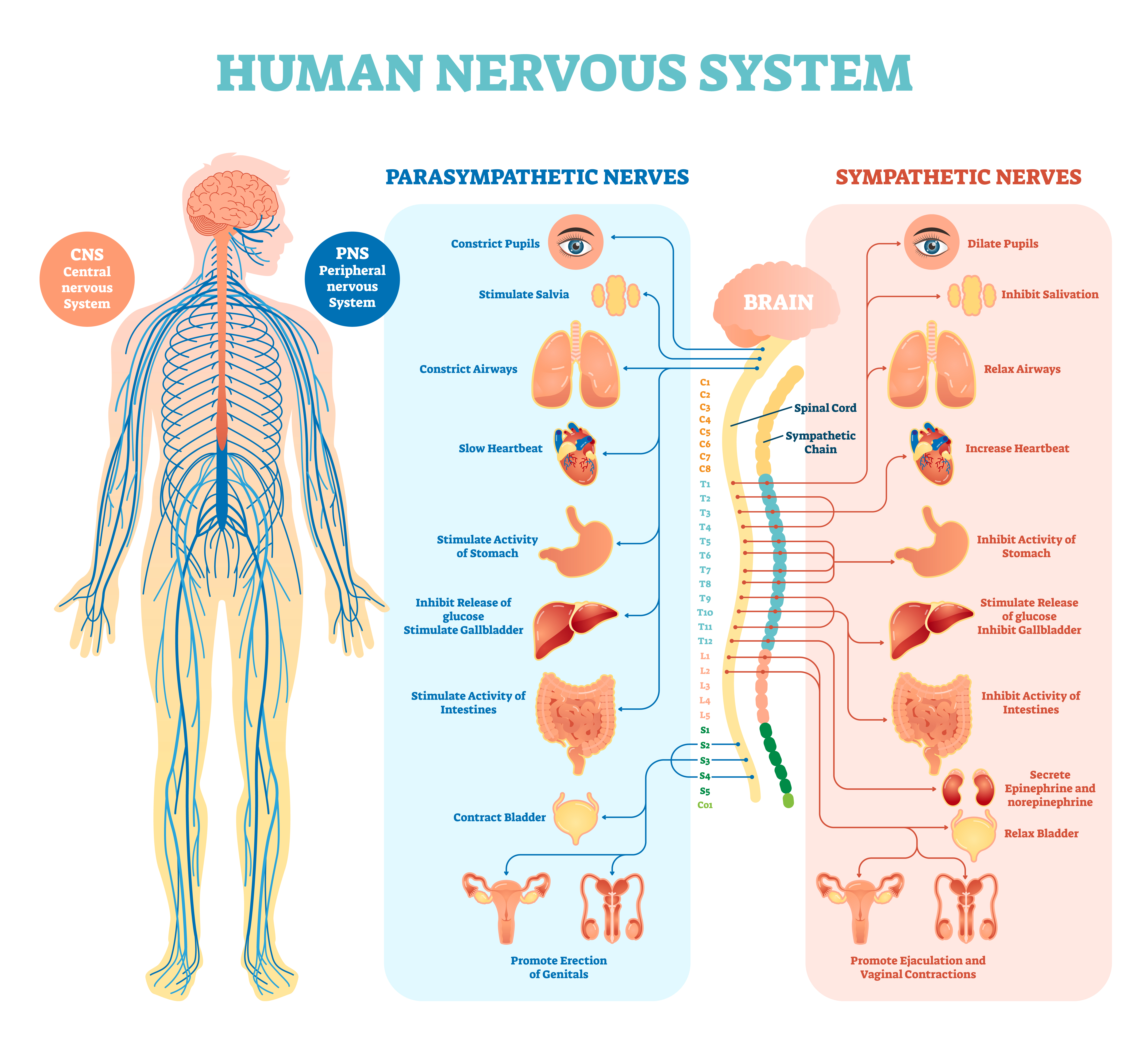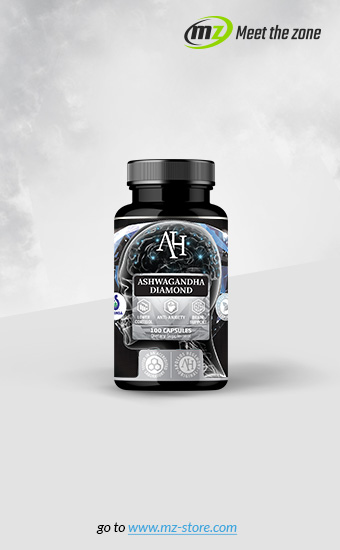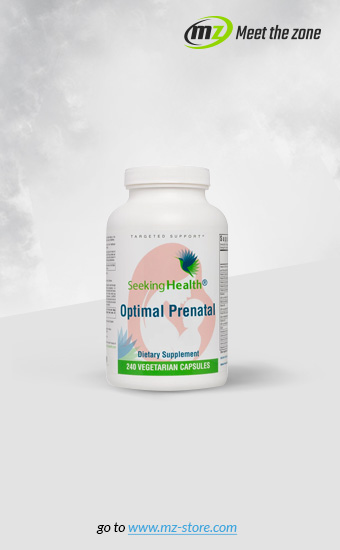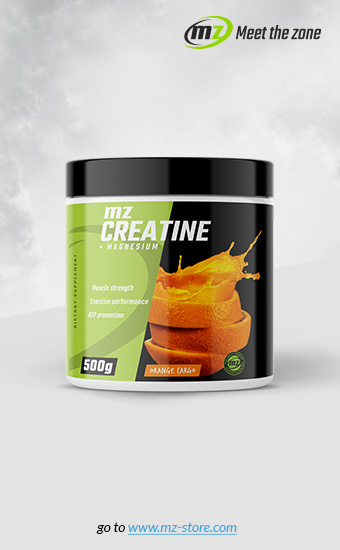We already know what progesterone is from the first part of this article, which deals with sex hormones and adrenal gland aspects. As promised, this time we will look at the effects of this steroid and its derivatives on brain health, cognitive function and well-being.
How does pregnenolon affect the health of the nervous system?
The effect of this steroid on the nervous system is extensive, as indicated by its higher concentrations in the nervous tissue than in the blood. It’s also worth mentioning that not only pregnenolone but also its metabolites, such as pregnenolone sulfate, allopregnanolone, dehydroepiandrosterone and its sulphate and progesterone also have a neuroactive effect. Following this lead, by using just one ingredient, we can receive a full benefit package resulting from the activity of all the listed hormones.
Appropriate levels of neurosteroids contribute to the protection of nervous tissue from degeneration and faster recovery of damage resulting from trauma or chronic exposure to agents that do not support brain health. Neuronal regeneration is affected by the more efficient production of neuronal growth factor BDNF [1], which regenerates dopaminergic and cholinergic neurons. The stimulation of neuroplasticity, or adaptation of the brain to new conditions, is achieved by the modulation of the glutamate receptors by pregnenolone and its derivatives. This process is also crucial for memory formation.
One of the most important factors affecting neuronal damage and the formation of neurodegenerative diseases is the excitotoxic effect of glutamate which, in too high concentrations, can cause excessive migration of calcium ions into the cells. In the presence of aromatase, pregnenolone protects the brain from the kinetic acid excitotoxic effects [2]. In contrast, pregnenolone sulfate can also protect against the cytotoxicity induced by AMPA receptor hyperactivity by mechanisms independent of those inhibiting NMDA toxicity and kinetic acid [3]. Furthermore, pregnenolone also protects against beta-amyloid-induced damage [4], which is linked to the onset of Alzheimer's disease. Neuronal protection also stimulates the recovery of myelin sheaths.

Can Pregnenolon improve your mood?
Of course! And the reason for this is the interaction with the systems of several key for good mood and mental stability of neurotransmitters. Neurosteroids interact mainly with GABA and NMDA receptors as well as the opioid receptor sigma [5].
Thanks to the allosteric modulation of the GABA receptor, pregnenolone affects the flow of ions after gamma-aminobutyric acid is added to it, thereby regulating its action. Thanks to GABA it’s possible to inhibit the nervous system and its characteristic relaxation, reduce anxiety, relieve social inhibition and allows for feeling less stress. Taking into account the nervous tension that we usually experience in our civilized world, this effect seems to be extremely beneficial and desirable.
Another receptor with which pregnenolone and its derivatives may react is the NMDA receptor, belonging to the glutamate system. These receptors are dominant in the human brain, and the task is to stimulate it to work. Simultaneous modulation of GABA and NMDA receptors allows for regulating states of excitation and silence, adjusting our mental state to the situation we are in.
Especially interesting is the property of the sigma-1 receptor agonism by pregnenolone. Activation of this receptor contributes to antidepressant and stress-reducing effects. This is partly due to the increase in neurotrophic BDNF factor, which improves neuroplasticity and accelerates the therapeutic effects of depression [1]. It’s worth mentioning that some of the stimulants such as cocaine, DXM, ketamine, DMT and some SSRIs and opioids are known to be affected by this receptor, which is one of the reasons for improving their well-being after use.
It has also been shown that the increase in allopregnolone induced by pregenolone supplementation helps with activation of the circuitry responsible for controlling negative emotions and reducing anxiety [6]. This is due to reduced amygdala and island activity and better communication of these areas with the dorsal medial prefrontal cortex, which in turn is stimulated. These mechanisms may also be associated with less impulsivity and reduced aggression.
Pregnenolone as nootropic agent.
Who would not like to enjoy the work of the brain at the highest speed? Great memory, analytical skills, and clarity of thought are the characteristics desired by many, especially the mentally ill and the elderly, who need to take a little more care of their nervous system.
Better memory is affected by improved neuroplasticity and neurogenesis [7], thereby creating new connections between neurons and creating new memories. Pregnenolone sulphate can also potentially increase the release of acetylcholine [8], which is known for its beneficial effects on memory and ability to better analyse situations. This effect is very efficient, some determine pregnenolone one of the strongest memory enhancing agents.
Improvements in energy and concentration can be exacerbated by the potentiation of stimulatory glutamate and dopamine ejection [9] caused by the attachment of neurosteroids to appropriate receptors in neurons.
It’s also worthwhile to make sure that the nervous system does not refuse to obey us at old age in advance. In this aspect, it’s far better to prevent than cure, as improving cognitive function in senile dementia can be problematic. We can count on pregnenolone to help us out here, because when it’s supplemented over the years, it can protect the nervous system and leave us with efficient mind even as we’re elderly.
Pregnenolone for diseases
Probably the best documented disease in which the efficacy of pregnenolone is documented is schizophrenia [7], in which it has been shown to reduce psychotic symptoms and improve cognitive function. Researchers have found that people who suffer from this disease have lower pregnenolone levels than healthy peers. [11] In postmenopausal schizophrenia patients, they also reported lower neuroleptic levels than healthy individuals.
Another example is bipolar disorder [13]. In a 12-week trial, people with this condition were treated with either pregnenolone or standard placebo. At the end of the study, the percentage of people who went into remission of depression with supplementation was 61%, compared to 37% in the control group, which is a very attractive result.
Some efficacy has also been demonstrated in adults with autism spectrum disorders [14]. On the other hand, with less severe diseases that can be mitigated with pregnenolone, anxiety disorders are distinguished. Interestingly, people with generalized anxiety disorders have significantly lower neurosteroid concentrations such as DHEA, pregenonol sulphate and allopregnanolone [15]. The therapeutic value of pregnenolone in these disorders results mainly from positive GABAA-R modulation by allopregnoloneone, a mechanism similar to benzodiazepine-like anxiolytic agents such as diazepam or alprazolam.
Read More
Be sure to check first part of our discussion about pregnenolone, to know what is pregnenolon actually, and next, and the final one, summarizing topic of pregnenolone
1) Maurice T et al. The interaction between neuroactive steroids and the sigma1 receptor function: behavioral consequences and therapeutic opportunities. Brain Res Brain Res Rev. 2001 Nov;37(1-3):116-32.
https://www.ncbi.nlm.nih.gov/pubmed/11744080
2) Veiga S et al. Neuroprotection by the steroids pregnenolone and dehydroepiandrosterone is mediated by the enzyme aromatase. J Neurobiol. 2003 Sep 15;56(4):398-406.
https://www.ncbi.nlm.nih.gov/pubmed/12918023
3) Shirakawa H et al. Pregnenolone sulphate attenuates AMPA cytotoxicity on rat cortical neurons. Eur J Neurosci. 2005 May;21(9):2329-35.
https://www.ncbi.nlm.nih.gov/pubmed/15932592
4) Gursoy E et al. Pregnenolone protects mouse hippocampal (HT-22) cells against glutamate and amyloid beta protein toxicity. Neurochem Res. 2001 Jan;26(1):15-21.
https://www.ncbi.nlm.nih.gov/pubmed/11358277
5) Baulieu EE Neurosteroids: of the nervous system, by the nervous system, for the nervous system. Recent Prog Horm Res. 1997;52:1-32.
https://www.ncbi.nlm.nih.gov/pubmed/9238846
6) Rebecca K. Sripada, M.S. Allopregnanolone Elevations Following Pregnenolone Administration are Associated with Enhanced Activation of Emotion Regulation Neurocircuits. Biol Psychiatry. 2013 Jun 1; 73(11): 1045–1053.
https://www.ncbi.nlm.nih.gov/pmc/articles/PMC3648625/
7) Michael S. Ritsner MD, PhD et al. Pregnenolone treatment reduces severity of negative symptoms in recent-onset schizophrenia: An 8-week, double-blind, randomized add-on two-center trial. 2014
http://onlinelibrary.wiley.com/doi/10.1111/pcn.12150/full
8) Muriel Darnaudéry et al. The Neurosteroid Pregnenolone Sulfate Increases Cortical Acetylcholine Release: A Microdialysis Study in Freely Moving Rats. 1998
http://onlinelibrary.wiley.com/doi/10.1046/j.1471-4159.1998.71052018.x/full
9) Weng JH1, Chung BC2. Nongenomic actions of neurosteroid pregnenolone and its metabolites. Steroids. 2016 Jul;111:54-9.
https://www.ncbi.nlm.nih.gov/pubmed/26844377
10) Ritsner M et al. Differences in blood pregnenolone and dehydroepiandrosterone levels between schizophrenia patients and healthy subjects. Eur Neuropsychopharmacol. 2007 Apr;17(5):358-65. Epub 2006 Nov 21.
https://www.ncbi.nlm.nih.gov/pubmed/17123790
11) Ritsner M et al. Differences in blood pregnenolone and dehydroepiandrosterone levels between schizophrenia patients and healthy subjects. Eur Neuropsychopharmacol. 2007 Apr;17(5):358-65. Epub 2006 Nov 21.
https://www.ncbi.nlm.nih.gov/pubmed/17123790
12) Marx CE et al. Pregnenolone as a novel therapeutic candidate in schizophrenia: emerging preclinical and clinical evidence. Neuroscience. 2011 Sep 15;191:78-90.
https://www.ncbi.nlm.nih.gov/pubmed/21756978
13) Brown ES et al. A randomized, double-blind, placebo-controlled trial of pregnenolone for bipolar depression. Neuropsychopharmacology. 2014 Nov;39(12):2867-73.
https://www.ncbi.nlm.nih.gov/pubmed/24917198
14) Lawrence K. Fung et al. Brief Report: An Open-Label Study of the Neurosteroid Pregnenolone in Adults with Autism Spectrum Disorder. J Autism Dev Disord. 2014 Nov; 44(11): 2971–2977.
https://www.ncbi.nlm.nih.gov/pmc/articles/PMC4194260/
15) Semeniuk T et al. Neuroactive steroid levels in patients with generalized anxiety disorder. J Neuropsychiatry Clin Neurosci. 2001 Summer;13(3):396-8.
https://www.ncbi.nlm.nih.gov/pubmed/11514647







One Comment